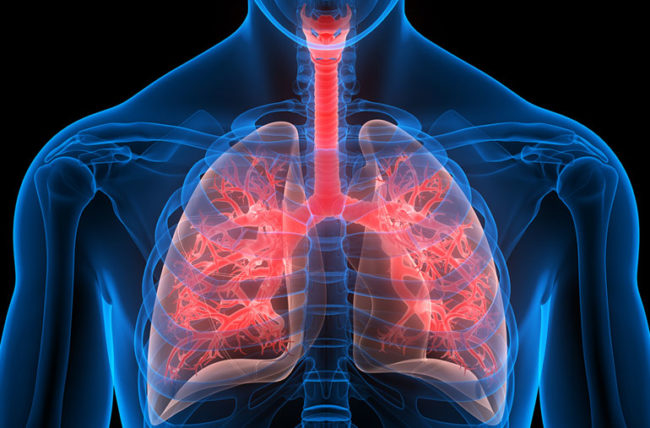Early stages of gum infections (Gingivitis) are caused by bacterial plaque.
Teeth have crevices and gums have pockets around the teeth where germs can live and travel down to the lungs and cause harm. Some bacteria can be inhaled into the lungs in droplets of saliva.
In this column, we will discuss how healthy teeth and gums can reduce and control the infection rate of lung disease.
Bacteria live in dental plaque, a film that forms on teeth and around your gums. If the bacteria remain, it will continue to grow and multiply. This can be arrested by daily brushing and flossing. Some bacteria may get into the lungs with these tiny droplets. Healthy lungs have protective immune defenses to manage those invasions. Diseased or damaged lungs are not able to defend themselves; increasing the risk of bacteria causing infections or make lung problems worse.
Gum disease, can worsen chronic inflammation in lung disease such as asthma and chronic obstructive pulmonary disease (COPD). The inflammation of the airway is the main anatomical area that leads to damage and more symptoms. Infected and diseased gums send out signals of distress that alerts the rest of the body. This can lead to more inflammation in the lungs.
Also, removable dentures or false teeth can be a problem. Germs can build up on dentures if they are not regularly removed and cleaned. It is important to remove them during sleeping hours and properly clean them to become free of bacteria. With bacteria on dentures they can also be inhaled into the lungs. One side effect of dentures is the greater risk of choking and aspiration into the airways.
Medications taken for lung problems can also affect your teeth and gums.
Some medications have side effects that adversely affect your mouth. Many bronchodilator and anti-inflammatory medicines can cause “dry mouth”. Dry mouth makes it easy to get cavities and gum disease. This is because one of the roles of saliva is to help protect teeth from the surrounding bacteria. Chewing sugarless gum or using sugarless candy can stimulate the production of more saliva. Also, mouth moisturizers are helpful with products like Biotene and special mouth-rinses. A CPAP machine used in Obstructive Sleep Apnea or oxygen treatment can also cause excessive drying of the mouth.
Oral fungi such as Thrush can also result from dry mouth which can be caused by inhaled medications. These drugs sometimes disrupt the balance of normal bacterial flora thereby making it easier to contract a yeast infection. This dry environment gives rise to the gums to become sore, bleed and a burning sensation. White patches develop on the tongue, cheeks and throat with thrush.
You can avoid lung problems contributed from poor dental hygiene or gum disease.
Good daily oral hygiene not only help your teeth, it protects the lungs as well. The most important first step is to deal with the bacteria on your teeth and gums before they can spread to the lungs.
Cavities and gum disease can be prevented by removing the plaque with daily oral hygiene. Within a few hours after removing the germs off your teeth the bacteria start to rebuild once again.
Here are some important tips to help you:
- Use a soft bristled tooth brush. Note that a brush is limited to the outside, biting and inside surfaces of your teeth only.
- Use dental floss or an interdental cleaner to remove plaque in between the teeth (interproximal); which is the other two surfaces of your teeth.
- Cleaning your teeth before going to bed is critical since “dry mouth” attracts decay promoting bacteria.
- Focus your brushing around your gum line to avoid the progression of gingivitis to periodontitis.
- Visit your dental care provider to remove tartar or the hard substances that collect on your teeth. This must be removed by a dental professional.
- Use fluoridated toothpaste since fluoride helps to prevent cavities by strengthening the teeth. We also recommend fluoride gels as supplements to a healthy mouth.
Proper oral hygiene practices can go a long way in helping to prevent cavities and gum disease. It is important to be proactive to avoid the surprise of discovering dental disease that may be exposed because of your neglect. Good oral hygiene reduces the chances of lung infections and other ailments.
Remember, your mouth is the gateway to your overall health and should be protected from unnecessary germs.
Dr. Kendal V. O. Major is Founder and CEO of Center for Specialized Dentistry which is a comprehensive family dental practice operating in Nassau and Freeport. He is the first Bahamian Specialist in gum diseases and dental implants since 1989. He also is a certified Fast braces provider. His practice is located at 89 Collins Avenue, Nassau at (242)325-5165 or [email protected]





